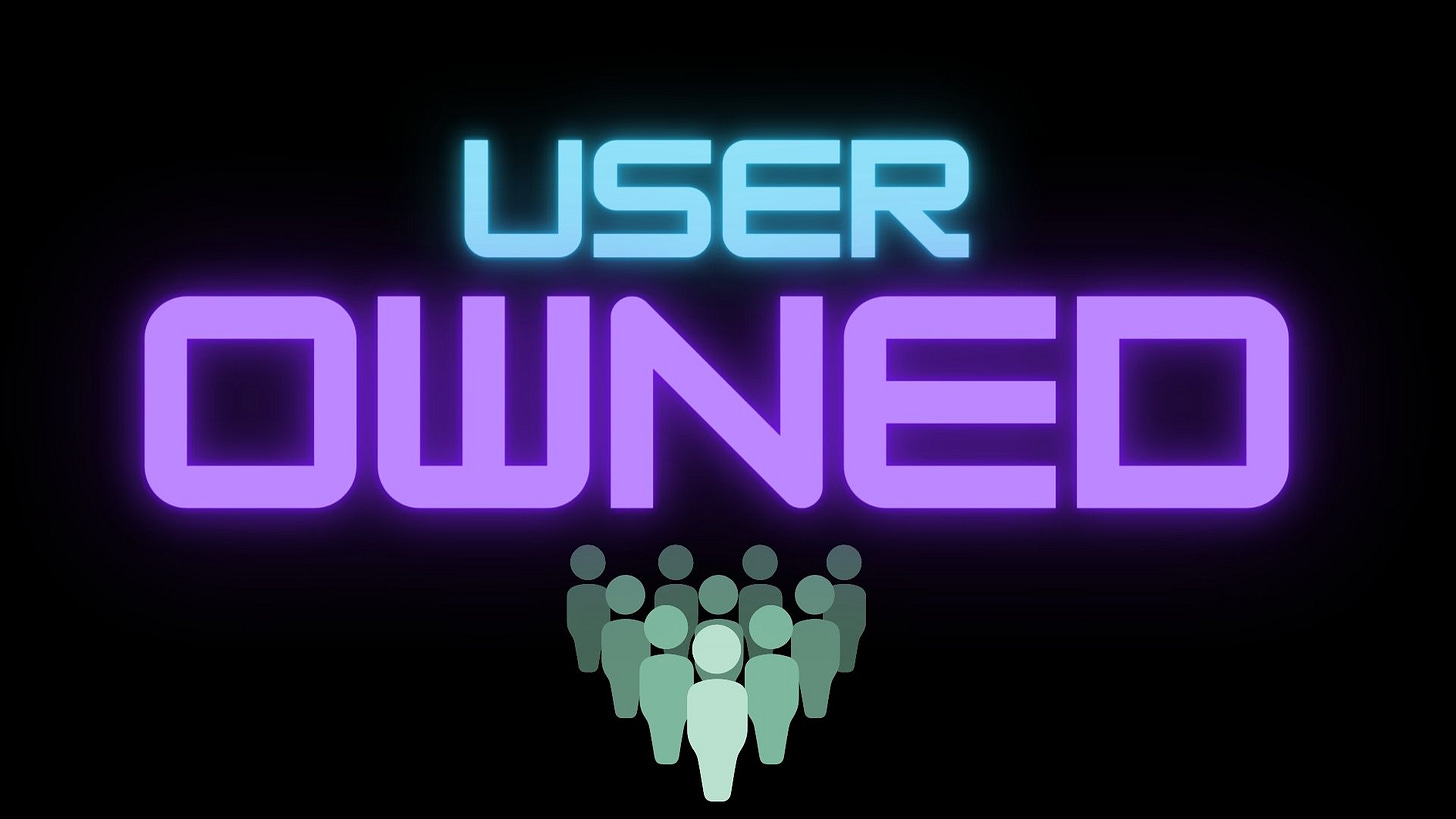#21 User-Owned
Why user-owned is the new normal, the ongoing web2 vs. web3 debate, and Chamath's "line"
Join the 396 readers (+0 since last time) of Karthik’s Crypto Weekly who are setting themselves up for the future by learning all things crypto & the metaverse and subscribe below.
1 Take ☝️
User / community-owned will become the default way to start a business.
Being user-owned isn’t a new concept introduced by crypto. In fact, it’s often the last step today in scaling a business — AKA “going public”. Every publicly traded company on the stock market is owned by users who want to invest in what they believe is a growing business, whether it’s Chipotle, Tesla, or Amazon. The reason the stock market is the greatest wealth creation vehicle ever is because businesses made a key realization: they could become worth much more in aggregate if they are willing to make a % of the business accessible to the general public. Why?
The obvious answer is supply and demand. There’s effectively an infinite demand of public capital competing for a fixed supply of shares. But the not so obvious - but equally important - answer is network effects. Each person who owns your business becomes a salesman for its future potential. The more people you have in your corner, the faster the flywheel spins.
So why isn’t every business today user-owned? There’s two main reasons:
High Overhead - The only real way to make your business user-owned at scale is taking it public - but the cost to do so is exorbitant. We’re talking millions of dollars in fees alone by bankers and lawyers, making it infeasible for the vast majority of businesses.
Regulation - The government imposes strict regulations on companies that are publicly owned, including disclosing financial statements quarterly.
Enter crypto
Crypto technology via tokens greatly minimizes the overhead required, making it possible & cost-effective to be community-owned from day 1. Bitcoin is the ultimate example and greatest indicator of this potential. I believe the next wave of small and medium businesses will start by allocating significant percentages (sometimes north of 50%) to the community of users with founders taking a smaller percentage than what is traditional. For example, if you’re opening a local pizzeria, having your customers “on your cap table” from day 1 is a win-win. Not only will they be more frequent customers, they’ll more likely to talk it up to their friends who may also invest or contribute to growing the business.
So is this a slam dunk?
The short answer is not by a long shot. It’s still unclear how token-backed organizations will be regulated. Many crypto tokens today are classified as “governance tokens” and are not considered securities. At the moment, this avoids the regulatory headaches that publicly-traded companies face today.
Prediction
I predict that there will ultimately be a grand compromise between innovators and regulators that will make it possible to issue equity via tokens to users & communities with some regulation that’s not overly cumbersome. I’m excited for the future where you can not only invest your $$ in the communities & businesses you engage with on a daily basis, but have a say and contribute to how they’re run.
The future will be user & community owned.
2 Things To Check Out 🤔
1. The Web2 vs. Web3 battle continues…
Earlier in the week, the notorious ProfG issued his take on why web3 isn’t all that, followed by a rebuttal by Packy. Personally, I think the debate has become too political. Web2 vs. Web3 is too binary of a debate that doesn’t offer any nuance. The reality is that crypto offers new primitives (including being user-owned from day 1) that will create new business models. Not all businesses will use them, and that’s OK. Time will tell which ones work and which ones don’t — but more options for users is always good.
2. Chamath got a ton of flak for saying on the latest episode of “All In” that caring about the Uyghur genocide in China was “below his line”. My take: while what he said was certainly in poor taste, the unfortunate truth is that this issue (and many other human rights one) often fall below all of our collective lines. I know I personally have not spent the time or energy educating myself about the Uyghurs. So instead of piling on Chamath, let’s re-direct that energy to figuring out how to make it better:

Until next week, always be learning
Karthik


